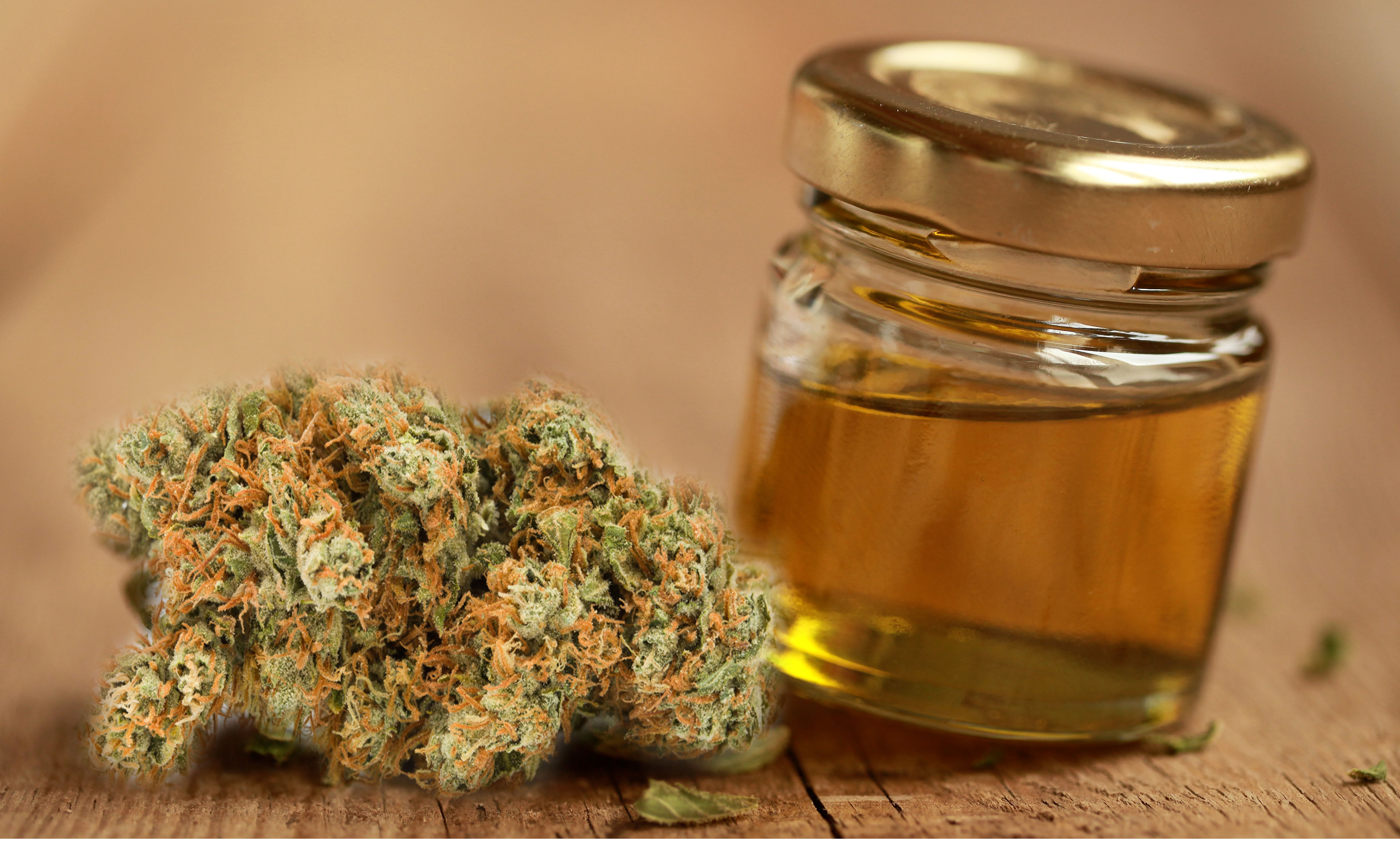"It didn't cure me, but it offered me the chance to get the rest I required to heal, and I was able to work at a much higher level than with the painkillers, that made me awaken foggy every day," he said. "With marijuana, I can consume it at night and awaken with a clear head."Cannabis is a particularly efficient treatment for individuals who need help with pain management, along with those with sleep disorders or stress and anxiety; nevertheless, "there are hundreds of conditions that it treats," Rinella stated.
Medical decisions must not be made based on marketing. Consult a physician on the advantages and threats of specific medical cannabis items.
The results of an online study, consisting of 95 individuals, included in the Journal of marijuana alternative names Option and Complementary Medication in 2014. The scientists discovered that individuals chosen indica stress for pain management, sedation, and sleep while they would choose for sativa pressures to enhance energy and state of mind. Concerning discomfort management, participants reported a statistically significant effect when utilizing indica for: It is, however, important to note that this study had numerous restrictions.
Participants did not use the cannabis in a controlled setting, potentially resulting in differences in drug composition, dosage, and effectiveness. Another study analyzed the use of organically grown sativa and indica pressures in the treatment of several medical conditions. Just over half of the individuals were using marijuana to deal with HIV.
The results indicated that indica strains are more most likely to improve energy and hunger, while both sativa and indica strains can ease nausea to a similar degree. Cannabis contains compounds that might ease pain, queasiness, and other symptoms. The parts of cannabis that a lot of research studies focus on for pain relief are cannabidiol (CBD) and tetrahydrocannabinol (THC).

CBDTHC looks like the cannabinoid chemicals that occur naturally in the body. When people ingest or inhale THC, it the brain's cannabinoid receptors. This activates the brain's reward system and minimizes discomfort levels. THC is a psychedelic substance as it binds to cannabinoid receptors and produces an elevated state of mind, understood as a high.